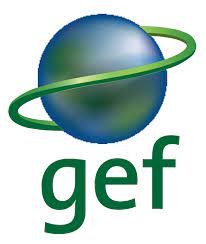The Global Environment Facility (GEF), established on the eve of the 1992 Rio Earth Summit, is a catalyst for action on the environment — and much more. Through its strategic investments, the GEF works with partners to tackle the planet’s biggest environmental issues. GEF funding also helps reduce poverty, strengthen governance and achieve greater equality between women and men.
The GEF is:
- A unique partnership of 18 agencies — including United Nations agencies, multilateral development banks, national entities and international NGOs — working with 183 countries to address the world’s most challenging environmental issues. The GEF has a large network of civil society organizations, works closely with the private sector around the world, and receives continuous inputs from an independent evaluation office and a world-class scientific panel.
- A financial mechanism for 5 major international environmental conventions: the Minamata Convention on Mercury, the Stockholm Convention on Persistent Organic Pollutants (POPs), the United Nations Convention on Biological Diversity (UNCBD), the United Nations Convention to Combat Desertification (UNCCD) and the United Nations Framework Convention on Climate Change (UNFCCC).
- An innovator and catalyst that supports multi-stakeholder alliances to preserve threatened ecosystems on land and in the oceans, build greener cities, boost food security and promote clean energy for a more prosperous, climate-resilient world; leveraging $5.2 in additional financing for every $1 invested.
Focus countries within AFR100: Benin, Burundi, Cameroon, Central African Republic, Democratic Republic of the Congo, Cote d'Ivoire, Ethiopia, Ghana, Kenya, Liberia, Madagascar, Malawi, Mozambique, Niger, Rwanda, Senegal, Sudan, Tanzania, Togo, Uganda

